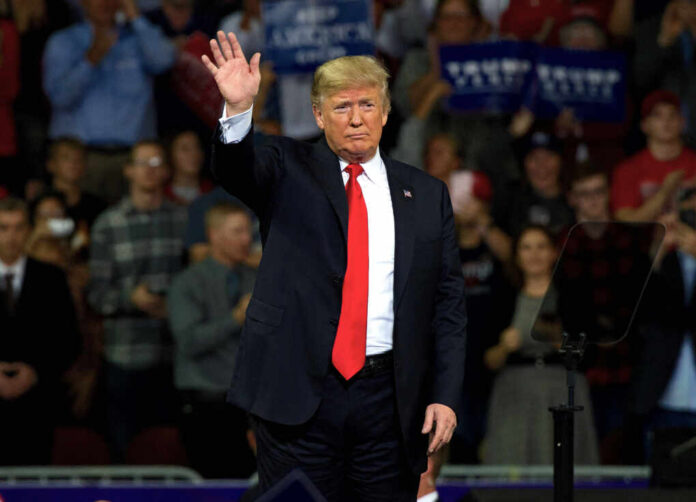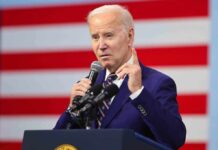
In the latest installment of one of the many legal cases brought against former president and presumptive GOP nominee Donald Trump, special counsel Jack Smith has requested the Supreme Court reject the defendant’s motion for presidential immunity.
The case, where Smith is trying Trump on allegations that he tried to reverse the results of the 2020 presidential election he lost to his Democrat opponent Joe Biden, has primarily cited the Jan. 6, 2021, protests outside the United States Capitol as evidence against the prominent Republican.
Jack Smith Signals He’ll Try To Circumvent SCOTUS If It Says Obstruction Charges Aren’t Real Crimeshttps://t.co/K0SNH8nw0Q
— The Federalist (@FDRLST) April 10, 2024
Smith filed his latest brief to the nation’s highest court on Monday, April 8, encouraging the justices to dismiss Trump’s plea that presidential immunity protected him from prosecution related to the incident. In response, attorneys for the GOP presidential candidate filed a motion stating that their client “should be immune” from charges in the case as he has been accused of supposed crimes related to actions that “constituted official acts” during his last days as commander-in-chief.
Smith, on the other hand, argued that the “constitutional duty” of the president to ensure that “laws be faithfully executed” does not excuse his own compliance or give him “a general right to violate them.” The special counsel’s argument is reiterating similar claims he has made in previous legal filings.
Two charges brought by Smith against Trump fall under section 1512(c) of the United States Code, a statute that has been alleged to be interpreted too broadly by prosecutors in Jan. 6 cases and misused to charge hundreds of citizens.
Just when you thought Jack Smith's J6 case against Donald Trump couldn't get any more laughable–it just did.
In one week, SCOTUS will hear arguments on DOJ's (ab)use of 1512c2, post Enron document shredding "obstruction of an official proceeding" statute passed in 2002.
My… pic.twitter.com/1MNLAWSHnp
— Julie Kelly 🇺🇸 (@julie_kelly2) April 9, 2024
However, another lawsuit called Fischer v. United States is bringing the misuse of the statute into question. The suit involves Joseph Fischer, who was at the Capitol during the 2021 protests, and states that the statute is being misinterpreted.
For Trump’s case, a ruling upholding Fischer’s argument holds the potential to have the former president’s charges related to 1512(c) eliminated. It would also free many other defendants from their legal battles which are based on the broadly interpreted statute.
Fischer v. United States is going to be heard by the Supreme Court beginning on April 16.



























